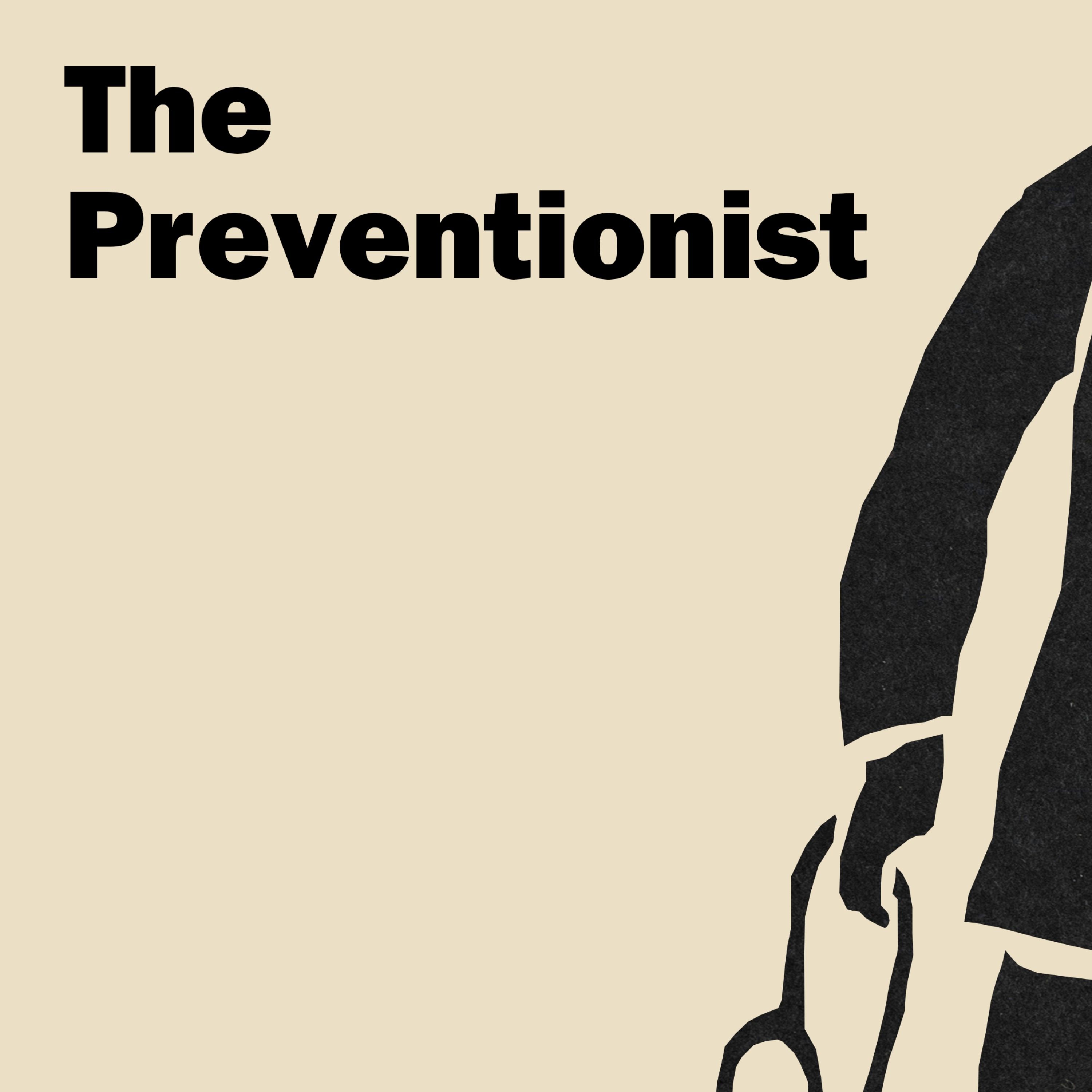Serial S04 - Ep. 3: Ahmad the Iguana Feeder
An Arabic-speaking airman is sent to Guantánamo to translate, and soon finds himself at the center of a major scandal. Part 1: Suspicion swallows evidence.
Press play and read along
Transcript
Transcript is processing—check back soon.
Serial — Serial S04 - Ep. 3: Ahmad the Iguana Feeder





